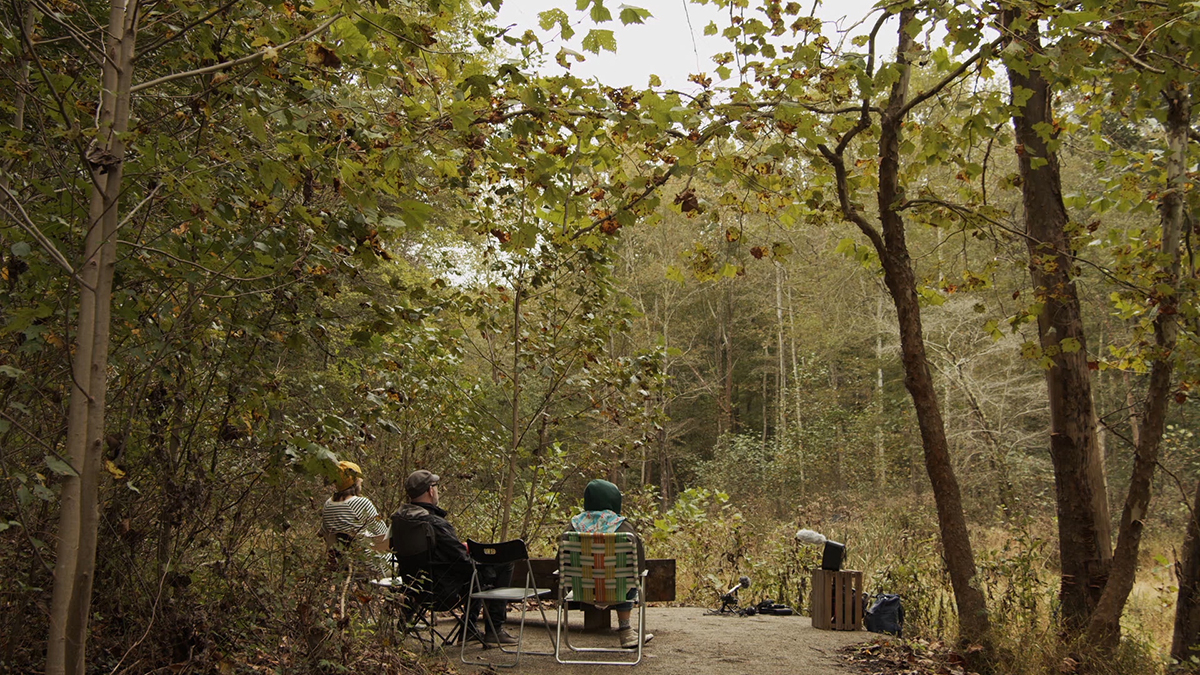Candidates for governor of both parties are using Kentucky’s long-delayed and over-budget statewide internet project to bash Gov. Matt Bevin, following a jointly published report by the Courier Journal and ProPublica.
KentuckyWired — a bipartisan plan pushed by former Democratic Gov. Steve Beshear and Republican Rep. Hal Rogers — promised to bring improved broadband internet connectivity to the state’s farthest corners. But it is years behind schedule and more than $100 million over budget.
Bevin’s Democratic opponents in the governor’s race laid blame with the current administration.
“The governor has damaged the project with his lack of commitment to keep it on schedule,” House Minority Leader Rocky Adkins, D-Sandy Hook, said in an emailed statement. “In fact, it will cost the state more to get out of the contract than if we continue. In order to go the last mile and complete this project, we need to look at successful models in other states and bring new partners to the table.”
Representatives for Bevin and his technology chief, Chuck Grindle, did not respond to multiple requests for comment on the report, which highlighted dissent in the Republican administration’s approach to salvaging the troubled KentuckyWired project.
Democratic candidate and former state Auditor Adam Edelen, who has made improved broadband connectivity part of his platform in the governor’s race, said in an emailed statement that Bevin “doesn’t care” enough to fix the project.
“As governor, I will prioritize building a real system to provide broadband to the hundreds of thousands of Kentuckians who still lack access, whether in the hills of eastern Kentucky or Southern and Western Jefferson County,” Edelen said. “It must be done through partnership between the public and private sector, but that doesn’t mean pushing a half-baked plan that leaves taxpayers holding the bag.”
The campaign manager for Attorney General Andy Beshear, the son of the former governor, called for “working together across party lines.”
“As governor, Andy’s first step will be evaluating the KentuckyWired program in a nonpartisan way focused on both its costs and potential benefits for our families,” campaign manager Eric Hyers said in an emailed statement. “From there, he can keep what’s working and change what isn’t.”
A spokeswoman for Rogers, however, issued an emailed statement last week defending Bevin’s stewardship.
“With any public-private project of this magnitude, delays and challenges are to be expected,” the statement said. “Since Gov. Bevin inherited this project, he has worked diligently to comb through the unexpected problems and carefully balanced rising expenses with future benefits.”
Wednesday’s Courier Journal-ProPublica report underscored warnings that Beshear administration officials received about likely roadblocks.
Despite these, KentuckyWired moved ahead with what experts have said is an unrealistic three-year construction schedule for the project that saw the state accept most of the risk for the public-private partnership.
In his statement, Rogers described KentuckyWired as the “only path” to affordable, high-speed internet for his constituents in eastern Kentucky.
But state Rep. Robert Goforth, R-East Bernstadt, a challenger to Bevin for the Republican Party’s nomination for governor, disagreed.
In an interview with the Courier Journal, Goforth said Bevin should have killed the project years ago. He said Bevin has much to learn from a broadband project in Jackson County, which Goforth represents.
The Kentucky-based nonprofit Peoples Rural Telephone Cooperative used federal stimulus money to bring high-speed fiber-optic lines within reach of every home and business in Jackson and Owsley counties, the Courier Journal and ProPublica reported.
“If Jackson County can do it, the rest of Kentucky should be able to follow their example and be able to duplicate what they have done to be able to provide the fastest internet service to one of the most rural communities in Kentucky,” Goforth said. “We can do this.”
State Rep. Lynn Bechler, R-Marion, described as “marvelous” the job Peoples Rural and other similar cooperatives and rural providers have done.
He said he wished the Peoples Rural model could be followed in his area of western Kentucky, where residents such as Christy Hardison say they pay upward of $120 a month for unreliable satellite internet service, the only available option.
Bechler, co-chairman of the Program Review and Investigations Committee, which is investigating KentuckyWired, reiterated his call for a halt to the project.
To solve the problem of poor rural broadband access, Bechler proposed the creation of a state incentive program to encourage more projects like the one in Jackson County.
Keith Gabbard, head of Peoples Rural, told the Courier Journal that a state-level program, similar to Tennessee’s new Broadband Accessibility Grants, would encourage rural providers like his to expand service.
“The state doesn’t have to build their own network that way,” Gabbard said. “People that have already been doing that work can do a little more of it and would have an incentive to expand into areas that, it appears, the bigger companies are not going to build fiber to.”
Meanwhile, a longtime KentuckyWired skeptic, state Sen. Chris McDaniel, R-Taylor Mill, said he’s still waiting for the first section of the state-owned network to operate.
The project’s overseers said in December that the first loop, an area that includes Frankfort, Lexington, Louisville and northern Kentucky, was nearly ready to be turned on.
Phillip Brown, then head of the state authority in charge of KentuckyWired, promised “very good news” in the first quarter of 2019.
“I’m still waiting to see the press release on that happening,” McDaniel told the Courier Journal. “This thing is a mess and it’s going to continue to be a mess. I don’t know where it ends.”
This article was produced in partnership with the Louisville Courier Journal, which is a member of the ProPublica Local Reporting Network. It was originally published by ProPublica.
This story is part of an ongoing investigation into what went wrong with KentuckyWired. Sign up for the Miswired newsletter to receive updates in this series as soon as they publish.
Reach reporter Alfred Miller at [email protected] or 502-582-7142. Follow him on Twitter. Support strong local journalism by subscribing today: courier-journal.com/subscribe.



